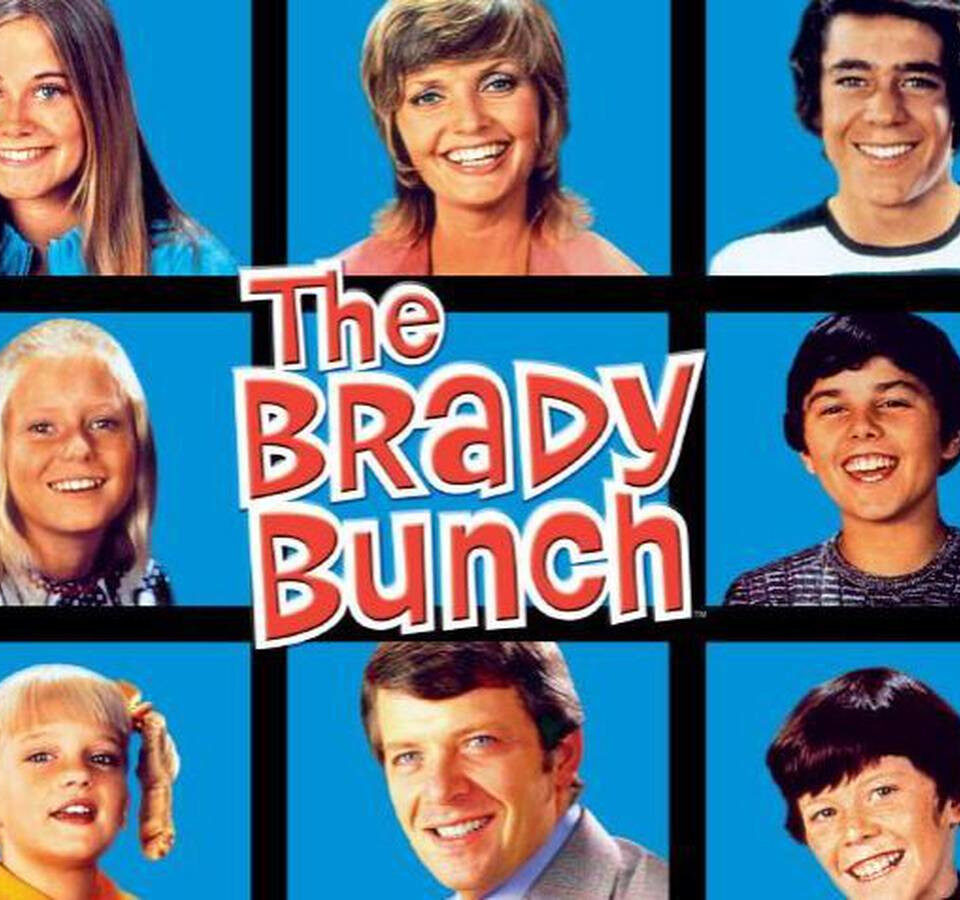I am probably not the first to give this problem the name “The Brady Bunch Problem.” The Brady Bunch is the perfect example of when title should not be taken as Joint Tenancy. Read this article if you are curious about when joint tenancy is the wrong decision, or read this article if you are about to buy a home with a partner and you wish to understand the types of title in more detail.
My name is Jared Clemence, and I strive to be one of the best realtors in Bakersfield. The way I do that is by studying the laws and finding questions to answers that most real estate agents never think about. Currently, I hang my license with Watson Realty, which is one of the best brokerages for people who wish to truly understand Real Estate.
First, the Disclaimer
First, for this article, we will assume that there are only two ways to take title to a house with another person: Joint Tenancy and Tenancy in Common. This is to simplify the problem and help make certain points more clear. Talk to a CPA or a lawyer to decide the proper title for your family situation.
A major assumption in the Brady Bunch Problem.
Second, we will assume that Greg and Judy are like most Americans and they do not have a will, or if they have a will, they have not updated it in decades, and probably last edited it long before the current marriage.
The Common Belief: Take Title in Joint Tenancy to avoid probate
Given a choice between Joint Tenancy and Tenants in Common, it is a common belief that two cohabiting people should take title in Joint Tenancy. If either one passes away, the survivor keeps 100% of the property, and no one needs to go to court to make this happen. It’s almost automatic. (The survivor has to file an affidavit, but this is usually done when the survivor tries to sell the property and not when the partner or co-owner dies.)
There are a lot of times when this is actually a great benefit. The Brady Bunch problem is an example of when it is better to chose the OTHER option.
What happens if Greg and Judy Brady hold title in separate property?
If Greg and Judy Brady hold title as Joint Tenants, then they get the same benefit as everyone else. When either one dies, the other gets title transferred to him or her, automatically. The problem occurs when the second parent dies.
Situation #1: Greg dies first, then Judy dies, many years later.
In situation #1, Greg dies first. Judy immediately owns 100% of the house. She is the sole owner. Life continues, and Judy, her girls and the three boys are sad, but they live long successful lives.
Judy dies at a ripe old age, and the kids are left to divide the estate. Because Judy is like most American’s, she didn’t plan for death, and she has no will. The court looks at the house and divides it among her children. The three girls each get 1/3 ownership of the house, and the three boys get nothing.
Situation #2: Judy dies first, then Greg dies, many years later.
In situation #2, Judy dies first. Greg immediately owns 100% of the house. She is the sole owner. Life continues, and Greg, his boys and the three girls are sad, but they live long successful lives.
Greg is an architect, and he likes to plan things. When he married the first time, he planned for his death, and he drafted a will that gives all of his assets to his surviving children.
When Greg dies, the children probate the estate, and the court finds Greg’s will. Greg’s three boys now have 1/3 of a house. And Judy’s three girls have nothing.
What we learn from the Brady Bunch Problem
When we use title to handle how property transfers on death, it can have unintended consequences. These consequences are more likely to happen when the parties have been previously married or have children from other relationships.
If Greg and Judy each had taken property as Tenants in Common, then when Greg died, his half of the property would have been divided. In the default situation, the spouse who dies first leaves less to his or her children, but the children still receive an inheritance.
If Greg or Judy wanted to truly protect their children, they would take the property as tenants in common and each would then draft a will that gives their half to their partner as a life-estate with a remainder to his or her children. When both parents are dead, each child owns 1/6 of the house and has a fair portion of the property.
Consult an Expert
The Brady Bunch problem is an oversimplification of the process. But in this simple form, we can see that taking title as Joint Tenants robs the children from the previous marriage of an inheritance. Taking title as Tenants in Common has a few extra headaches when the property needs to be sold, but it protects each partner’s interest in leaving something for his or her children.
Because this is an over simplification, please consult a licensed professional about your specific situation when taking title with another person. Your CPA or your lawyer will be able to give you sound advice on the best form of title for your situation and your goals.
Read this Next
If you enjoyed this article, here are some other articles that you may enjoy:

